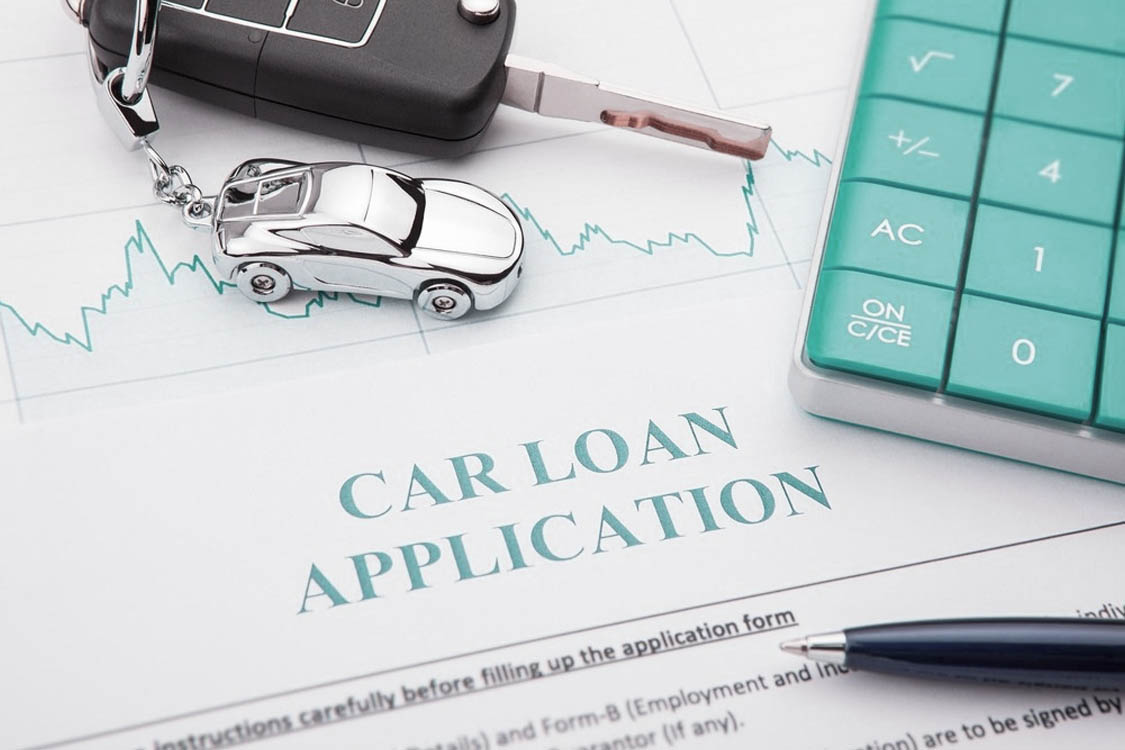Introduction
In the intricate world of automotive finance, car loan audits are an essential process that ensures transparency, accuracy, and compliance in loan management. Whether you’re a consumer managing your auto loan or a financial institution overseeing a portfolio of auto loans, understanding the intricacies of car loan audits can save time, money, and frustration. Car loan audits are conducted to review and verify the accuracy of loan documentation, ensure that loan terms are adhered to, and identify potential issues before they escalate. However, navigating the audit process can be challenging, and several common pitfalls can complicate matters. This blog explores these pitfalls and provides actionable insights on how to avoid them, ensuring a smooth and effective audit process.
Understanding Car Loan Audits
Car loan audits are comprehensive evaluations of the loan documentation, payment history, and compliance with agreed terms. The primary objective is to verify that the loan was issued correctly and is being managed according to the contractual terms. Audits can be conducted internally by the financial institution or externally by independent auditors. Key aspects of a car loan audit include:
- Documentation Verification: Ensuring that all loan documents, including the loan agreement, payment schedules, and borrower’s information, are complete and accurate.
- Payment History Review: Checking the borrower’s payment history to confirm that payments are being made as agreed and that there are no discrepancies.
- Compliance Check: Verifying that the loan is in compliance with regulatory requirements and the terms outlined in the loan agreement.
Common Pitfalls in Car Loan Audits
- Incomplete Documentation
One of the most common issues in car loan audits is incomplete or missing documentation. Accurate documentation is crucial for a smooth audit process. Missing documents can lead to delays, additional scrutiny, and potential penalties.
- Solution: Ensure that all loan-related documents are collected and stored systematically. Implement a robust document management system that includes digital backups to avoid issues related to missing paperwork. Regularly review and update documentation to ensure completeness.
- Errors in Payment Records
Errors in payment records can significantly impact the outcome of a car loan audit. Discrepancies between reported and actual payments can lead to confusion and potential disputes.
- Solution: Maintain accurate and up-to-date payment records. Utilize automated systems for tracking payments and reconciling records. Regularly audit payment records to identify and correct errors promptly.
- Non-Compliance with Regulations
Regulatory non-compliance is a serious issue that can lead to legal consequences and damage to reputation. Financial institutions must adhere to federal and state regulations governing auto loans.
- Solution: Stay informed about current regulations and ensure that all loan practices comply with legal requirements. Regularly review compliance procedures and seek legal counsel when necessary to address complex regulatory issues.
- Lack of Internal Controls
Weak internal controls can result in inaccuracies and inefficiencies in managing car loans. Without proper controls, the risk of errors and fraud increases.
- Solution: Implement strong internal controls, including segregation of duties, regular reconciliations, and access controls. Conduct periodic internal audits to assess the effectiveness of these controls and make improvements as needed.
- Inadequate Communication with Borrowers
Poor communication with borrowers can lead to misunderstandings and disputes during the audit process. Ensuring clear and timely communication is vital for a successful audit.
- Solution: Establish clear communication channels with borrowers and provide regular updates on their loan status. Address borrower inquiries and concerns promptly to prevent misunderstandings and build trust.
- Failure to Address Audit Findings
Ignoring or inadequately addressing audit findings can lead to recurring issues and undermine the effectiveness of the audit process. It is essential to take corrective actions based on audit recommendations.
- Solution: Develop a structured plan to address audit findings and implement corrective actions promptly. Monitor the effectiveness of these actions and make adjustments as necessary to prevent future issues.
Best Practices for a Successful Car Loan Audit
- Prepare Thoroughly
Preparation is key to a successful car loan audit. Gather all relevant documentation, review loan agreements, and ensure that payment records are accurate. Conduct a preliminary internal audit to identify and address potential issues before the formal audit begins.
- Engage Experienced Auditors
Working with experienced auditors can help ensure a thorough and efficient audit process. Choose auditors with expertise in automotive finance and a track record of conducting successful car loan audits.
- Utilize Technology
Leverage technology to streamline the audit process and improve accuracy. Automated systems for tracking payments, managing documentation, and conducting audits can enhance efficiency and reduce the risk of errors.
- Train Staff
Invest in training for staff involved in managing car loans and conducting audits. Ensure that they are knowledgeable about regulatory requirements, best practices, and audit procedures to improve the overall effectiveness of the audit process.
- Maintain Transparency
Transparency throughout the audit process fosters trust and cooperation between all parties involved. Provide clear and accurate information to auditors and address any issues or concerns openly.
- Continuous Improvement
Adopt a mindset of continuous improvement to enhance the effectiveness of your car loan management and audit processes. Regularly review and update procedures based on audit findings and industry best practices.
Conclusion
Car loan audits are a critical component of effective loan management, ensuring accuracy, compliance, and transparency. By understanding and avoiding common pitfalls, financial institutions and borrowers can navigate the audit process more smoothly and achieve better outcomes. From maintaining complete documentation and accurate payment records to ensuring regulatory compliance and strong internal controls, addressing potential issues proactively is essential for a successful audit.
Implementing best practices such as thorough preparation, engaging experienced auditors, leveraging technology, training staff, maintaining transparency, and focusing on continuous improvement can help mitigate risks and enhance the audit process. With these strategies in place, you can avoid common pitfalls and ensure that your car loan audits are conducted efficiently and effectively.
By staying informed and proactive, you can manage your car loan audits with confidence, leading to better financial management and a stronger foundation for future success.

